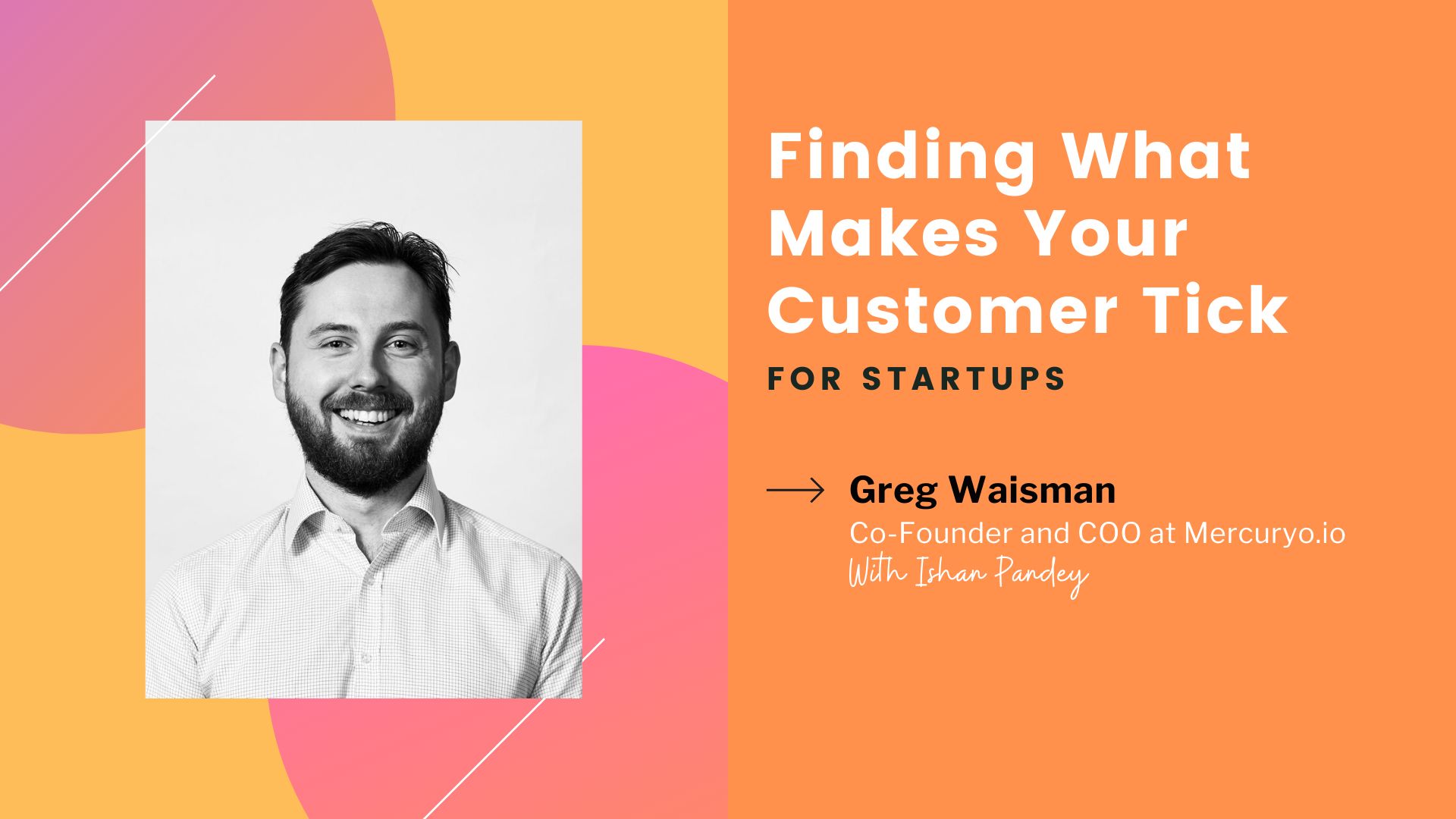401 reads
Mercuryo.io Co-Founder: How To Appeal To Your Target Audience Like An Expert
by
October 14th, 2020

Building and Covering the latest events, insights and views in the AI and Web3 ecosystem.
About Author
Building and Covering the latest events, insights and views in the AI and Web3 ecosystem.
